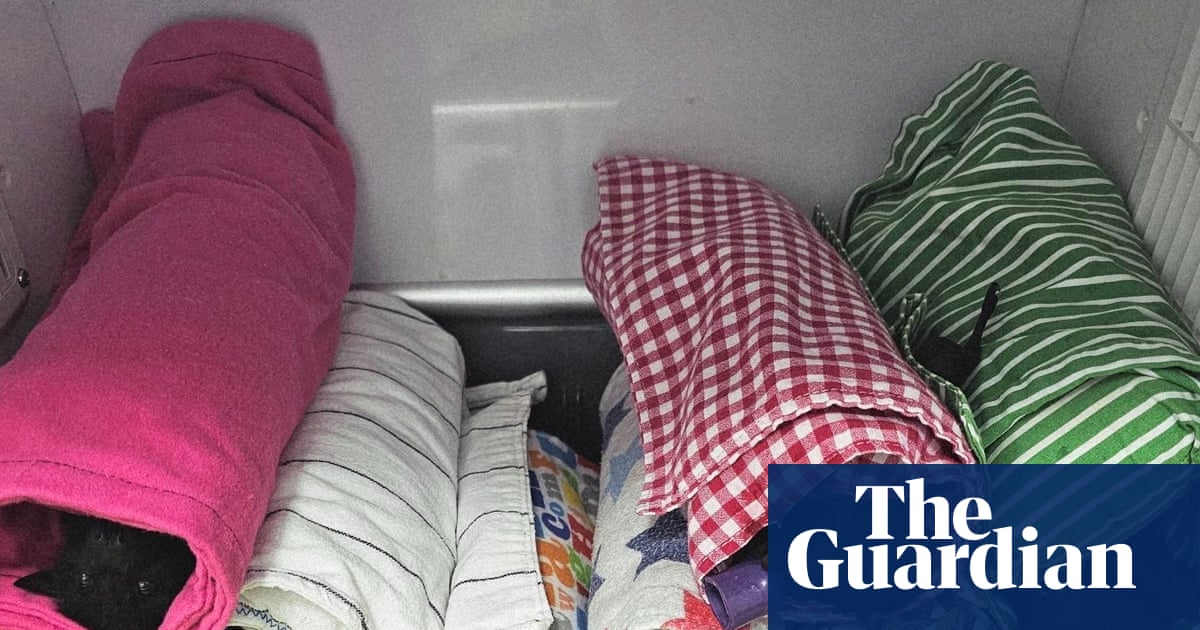
When a severe hailstorm hit the tiny Queensland township of Esk on the weekend, it wasn’t just people ducking for cover.
Almost 120 flying foxes were injured, some critically, before being rescued by volunteers and admitted to the RSPCA wildlife hospital in Wacol, in Brisbane’s south-west.
The hail storm injured a mixture of juvenile and adult black, little red and grey-headed flying foxes, with around 60 bat pups being orphaned on Saturday night, the RSPCA said.
They were seen by a carer who specialises in pups and triaged, before being warmed up and given fluids.
Esk local David Zammit works for the RSPCA animal rescue department. He said when the hailstorm hit, a Bat Conservation and Rescue Queensland (BCRQ) group sent people to check on the local colony. They found bats on the ground and in trees with severe injuries.
“BCRQ in conjunction with other wildlife carers who are all vaccinated [against Australian bat lyssavirus] … started rescuing the bats that were on the ground,” Zammit said on Tuesday.
“The injuries varied, but it was mostly from the impact of the hail. Anything that was small, like a bat or a bird, would have copped it pretty badly from the hail. What we saw were faces that were smashed, some broken wings, and also a number of orphans.”
Zammit said the rescued flying foxes were all taken to the Wacol hospital to be assessed by RSPCA veterinarians.
The Bureau of Meteorology said days of severe thunderstorm activity had impacted the east coast of central and southern Queensland.
“The storm activity increased on Saturday with damaging and dangerous storms through the weekend and Monday,” a spokesperson said.
after newsletter promotion
“Multiple severe thunderstorm warnings were issued each day. The activity was more widespread on Saturday. Many storms brought the risk of high-end weather hazards, including intense rainfall and flooding, damaging and destructive wind, and giant hail.”
The bureau said giant hailstones up to 10cm in diameter – ranging from golf ball-sized to larger than a cricket ball – were reported in numerous locations each day.
The RSPCA said if people found sick, injured or orphaned bats, they should never try to touch or rescue them. Instead, contact your nearest wildlife rescue organisation.
Disclaimer : This story is auto aggregated by a computer programme and has not been created or edited by DOWNTHENEWS. Publisher: theguardian.com






